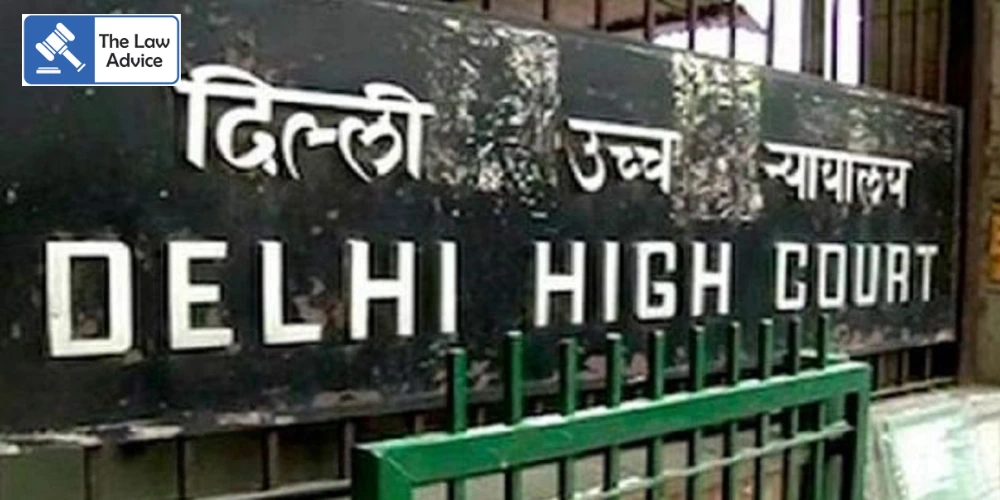
The Delhi High Court has sharply criticized the Railways for compelling a medal-winning boxer, employed under the sports quota, to engage in prolonged litigation merely to receive increments lawfully due to him.
A division bench of Justices Navin Chawla and Madhu Jain expressed strong disapproval of the Railways’ handling of the case, observing that a sportsperson who had brought “recognition and honour to the country” was instead subjected to bureaucratic harassment.
“Rather than acknowledging and rewarding his achievements, the petitioner chose to entangle him in years of litigation — first before the Tribunal and now before this Court. Such an approach reflects regrettable insensitivity towards employees who have elevated the institution and the Nation’s prestige through sporting excellence,” the bench observed. Calling the conduct “arbitrary and unreasonable,” the Court imposed a ₹20,000 cost on the Department for forcing the athlete into unnecessary legal proceedings.
The case arose from a writ petition filed by the Railways challenging an order of the Central Administrative Tribunal (CAT) that had directed the department to grant sports increments to the respondent-athlete.
The respondent, a boxer recruited in 2005 under the sports quota, had initially received 17 advance increments upon joining. In 2007, he earned two medals at national and international tournaments. Under the then-prevailing policy, sportspersons were eligible for additional increments for such achievements.
However, this framework was later replaced by a 2010 Railway Board Policy, limiting sports-related increments to five during an entire service career. When the respondent sought increments in 2014 based on his 2007 victories, the Railways rejected the claim, citing the new policy and delay in submission.
The High Court rejected the Railways’ stance, holding that the 2010 policy applied prospectively and could not nullify rights that had already accrued under earlier rules.
“While the 2010 Policy consolidates and supersedes prior instructions, it operates only for the future. Rights that had already crystallized due to qualifying achievements before 31.12.2010 must be governed by the earlier policies,” the Court clarified.
It ruled that the respondent’s entitlement had crystallized in 2007, on the dates of his medal-winning performances, and that administrative delays in processing or granting the increments could not alter that entitlement.
“The source and measure of the right remain rooted in the policy applicable on the date of achievement,” the bench observed.
Addressing the Railways’ objection regarding delay in representation, the Court held that such delay did not defeat the claim, emphasizing three key reasons:
1. The Railways were fully aware of the respondent’s participation and achievements, which occurred under their banner.
2. No limitation period exists in the policy for claiming the benefit.
3. Administrative delay cannot extinguish a substantive right.
In its closing remarks, the Court strongly advised the Railway authorities to act with fairness, dignity, and respect toward their own sportsperson employees, emphasizing that those who bring medals and prestige to the institution should not be driven to courts for recognition they have already earned.
The Court dismissed the Railways’ petition and upheld the CAT’s direction granting the additional increments to the respondent.
Appearance:
For Petitioner: Mr. Siddhartha Shankar Ray, CGSC with Ms. Khushi Ramuka, Advocate
For Respondent: Mr. R.K. Mirg, Advocate
Case Title: Union of India v. Ajay Kumar
Case No.: W.P.(C) 10896/2024
Website designed, developed and maintained by webexy